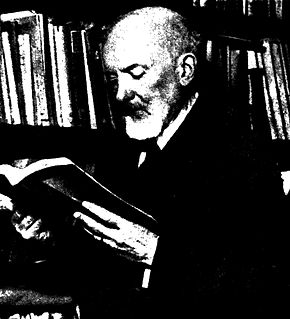A Quote by Pedro Calderon de la Barca
Related Quotes
Cruelty, very far from being a vice, is the first sentiment Nature injects in us all. The infant breaks his toy, bites his nurse's breast, strangles his canary long before he is able to reason; cruelty is stamped in animals, in whom, as I think I have said, Nature's laws are more emphatically to be read than in ourselves; cruelty exists amongst savages, so much nearer to Nature than civilized men are; absurd then to maintain cruelty is a consequence of depravity. . . . Cruelty is simply the energy in a man civilization has not yet altogether corrupted: therefore it is a virtue, not a vice.
If cruelty is no longer declared unlawful, but instead is applied as a matter of policy, it alters the fundamental relationship of man to government. It destroys the whole notion of individual rights. The Constitution recognizes that man has an inherent right, not bestowed by the state or laws, to personal dignity, including the right to be free of cruelty. It applies to all human beings, not just in America - even those designated as ‘unlawful enemy combatants.’ If you make this exception, the whole Constitution crumbles.
An author describing the methods of intensive farming, or the excesses of sport hunting, or even the harsher uses of animals in science writes with confidence that most readers will share his sense of concern and indignation. Sounding the call to action-convincing people that change is not only necessary, but actually possible-is more problematic. In protecting animals from cruelty, it is always just one step from the mainstream to the fringe. To condemn the wrong is obvious, to suggest its abolition radical.





































